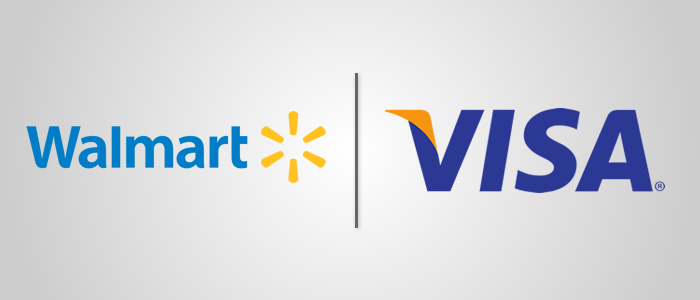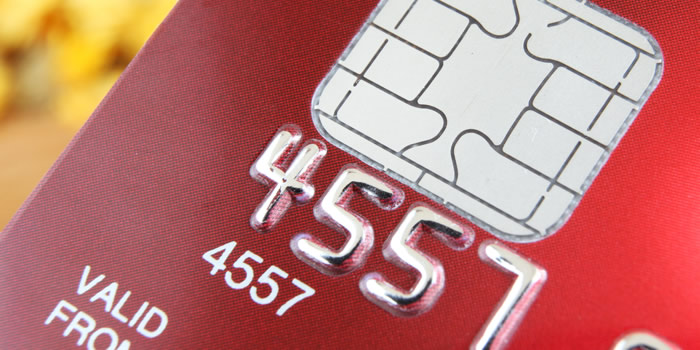
Another quarter has passed with household debt hitting a fresh record. Household debt hit a new record 167.3 percent of disposable income in the fourth quarter of 2016. That’s up from 166.8 percent in the previous quarter. In simple terms, that means on average for every dollar of disposable income Canadians earn, they owe $1.67 of debt.
High Home Price Fueling Household Debt
Household debt has been on the upward trend since late-2013. What’s behind the upswing in consumer borrowing? High home prices in big cities like Toronto and Vancouver, which is forcing Canadians to borrow more than ever before just to afford a modest home.
Besides mortgage debt, low interest rates are to blame. Canadians aren’t in any hurry to pay down their debt with interest rates being low for so long. That’s fine as long as interest rates remain low, but if and when the Bank of Canada decides to raise interest rates, borrowers could be in for a rude awakening.
The government is worried about the elevated level of household debt, seeing it as a major risk to our economy. This has led to the government introducing a number of mortgage tightening rules in recent years to slow the level of borrowing. Based on these latest household debt stats, so far it hasn’t worked. If there’s a major economic shock, such as job loss, Canadians could run into debt difficulties servicing all the money that they’ve borrowed.
Credit Card Debt on the Rise, Too
The latest household debt statistics come amid a report from TransUnion last week that although Canadians are carrying fewer credit cards in their wallet, we’re carrying higher balances. This should certainly be a concern for policy makers and anyone carrying a balance on their credit card.
You may be in no hurry to pay down your credit card debt, but by doing so, you’re setting yourself up for financial difficulties down the road. If you hope to one day own a home, if you’re maxed out on your credit cards, it will make it difficult to obtain a mortgage at a decent mortgage rate (or any mortgage at all for that matter). Furthermore, by only paying the minimum on your credit card, it will end up costing you a boatload of interest over your lifetime. Wouldn’t you rather be putting that money towards something to help grow your net worth, not hurt it?
If there’s any good news is that’s income rose by 1.1 percent during this time, although household credit rose by slightly more, 1.2 percent. Canadians collectively owed almost $2.029 trillion in debt (consumer credit, mortgage and non-mortgage debt) in the fourth quarter. Almost a third – 65.5 percent – of that is related to mortgage debt. In the fourth quarter alone, Canadians borrowed $28.4 billion, up from $18.7 billion in the third quarter.
The Bottom Line
Instead of using low interest rates as an excuse to borrow, use them as an opportunity to pay down your debt. The U.S. Federal Reserve raising interest rates last week is a reminder that rates won’t be low forever. If you have high-interest rate, use today’s low rates to your advantage and make a plan to be debt-free in 2017. There’s never been a better time to pay down debt.




